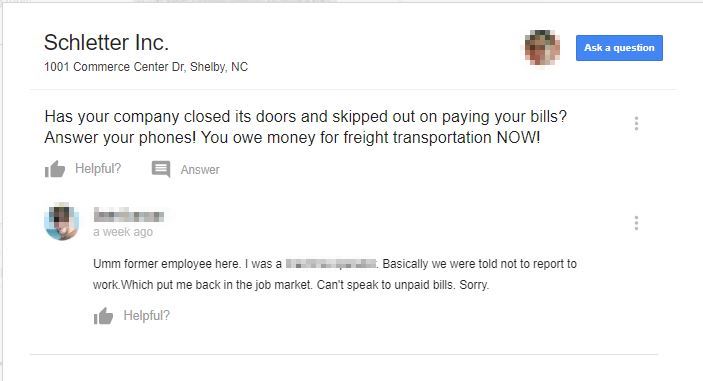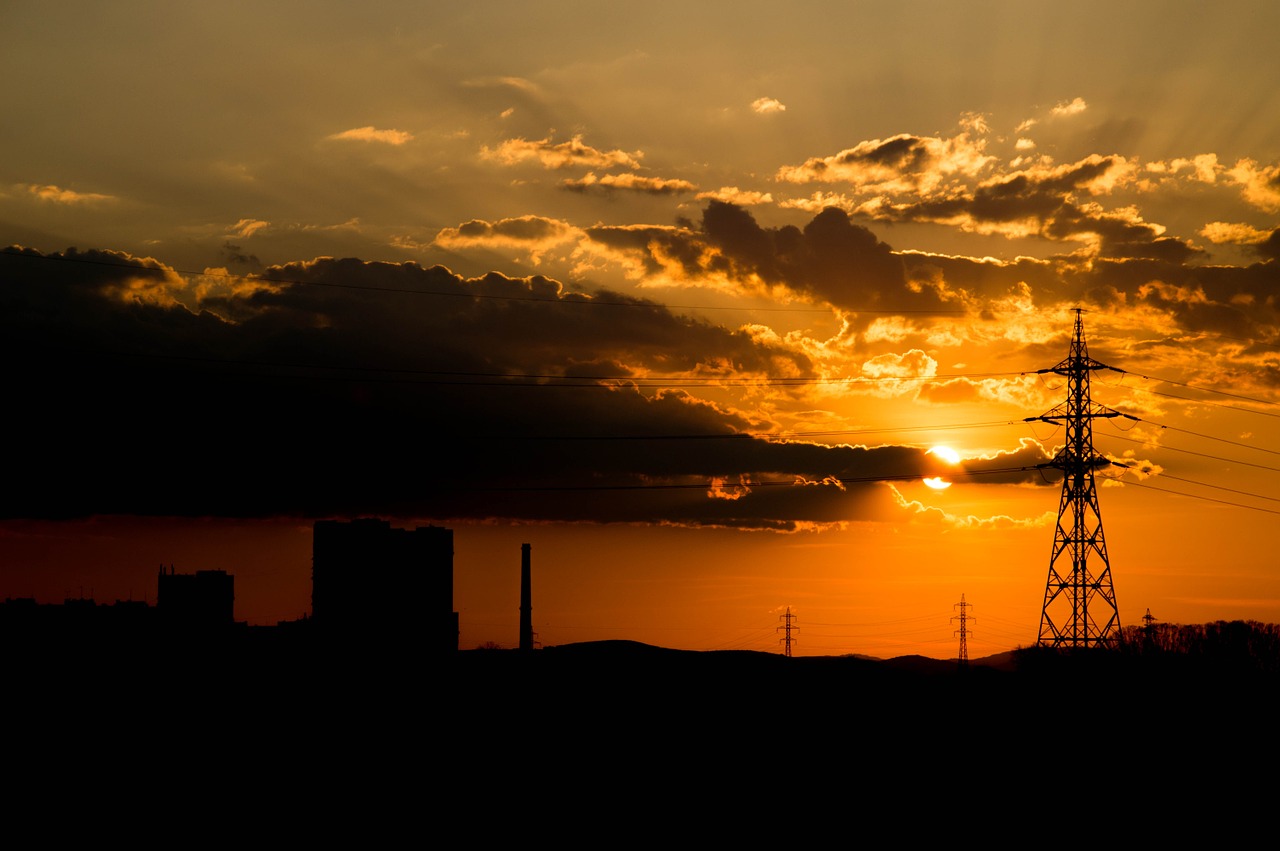By Frank Andorka, Senior Correspondent
What Happened: Schletter’s U.S. subsidiary filed for Chapter 11 bankruptcy protection in the Western District of North Carolina, where the company’s headquarters are located.
By written consent of the company’s board of directors, Schletter is seeking protection from between 299 and 1,000 creditors.
The filing, signed by Schletter U.S. President and CEO Russell Schmit, confirms what SolarWakeup first reported on Monday, which was that the company was on the verge of closing.
ch

SolarWakeup’s View: We hate to say we told you so, but … oh, who are we kidding? We LOVE telling you we told you so. As SolarWakeup first reported rumors of on Monday, Schletter U.S. has now officially filed for Chapter 11 bankruptcy protection in the Western District of North Carolina.
[wds id=”3″]
The filing was signed by Schletter U.S. President and CEO Russell Schmit, is asking for protection from between 299 and 1,000 creditors, presumably including the one in the Google review referenced above that we brought you originally on Monday.
The company’s three largest creditors are, in order:
Coilplus North Carolina, a flat-rolled steel processor, owed more than $3 million;
MI Metals, a Scottsdale, Arizona, based aluminum extruder, owed nearly $1.2 million; and
American Express, owed $838,837.
The bankruptcy of an industry stalwart like Schletter is certainly tragic, as is the potential loss of jobs. LinkedIn lists 120 employees for the racking company, though it’s not clear how many were located in the Shelby, N.C. headquarters. It should be noted that with no WARN Act notices have been filed by the company.
The Worker Adjustment and Retraining Notification Act of 1988 (the “WARN Act”) is a U.S. labor law which protects employees, their families, and communities by requiring most employers with 100 or more employees to provide 60 calendar-day advance notification of plant closings and mass layoffs of employees, as defined in the Act.
Based on other WARN filings from other companies in North Carolina, it appears Schletter should have filed a WARN notice.
Schletter’s Germany parent company filed for bankruptcy in March.
As I wrote on Monday:
Schletter US may well be another casualty in the needless and mindless trade war the Trump Administration had declared on the world, starting with his announcement of tariffs on solar modules in January and followed by tariffs on steel and aluminum, all of which would have had deleterious effects on Schletter’s main business.
The racking-and-mounting segment of the U.S. solar industry, of which Schletter USA was a part, spoke out as a group forcefully and often against the trade complaint brought by bankrupt solar module manufacturer Suniva and later joined by SolarWorld in an attempt to jack up their valuation in preparation for sale.
Last week, SunPower announced it had purchased SolarWorld’s assets, and Suniva’s main creditor SQN Capital Management announced it was selling off all the company’s manufacturing equipment. So neither of the two combatants of the idiotic tariff battle are likely to exist in six months.
But the effects of their ridiculous battle will be felt long into the future and, by all accounts, have claimed the employees of racking giant Schletter.
UPDATE (12:15 PM, 4/25/2018):
Schletter spokesman Sebastian Glaser responded to SolarWakeup inquiries about the current employees statuses and what’s next for the U.S. subsidiary:
SolarWakeup: Could you tell us what is the current situation with the employees, how many have been affected and what they should expect next?
Glaser: There are currently around 120 employees at Schletter, and so far there have been no redundancies. Please understand that I cannot give you any more details at this stage. We are still in the process of reviewing our operations during the proceedings which also includes HR planning. When we have a clearer picture in terms of HR, we will of course inform our employees first.
SolarWakeup: With the sales process of the global Schletter business, do you expect to entertain acquisition offers of the business unit separately from the German parent company?
Glaser: Our goal is to find an investor solution for the group and the investor process is making good progress. A few weeks after the start, several potential investors have handed in indicative bids already. Among the bidders, there are companies from the industry as well as financial investors. This pleasingly high investor interest clearly shows the strength of the Schletter brand.
SolarWakeup will continue to monitor this situation and update the story as necessary.
Here is Schletter’s full filing:
SchletterBankrutpcyFiling
More:
We’re Happy For SolarWorld Employees – But That’s It
Suniva Being Sold For Parts (Literally), Just Like We Said





